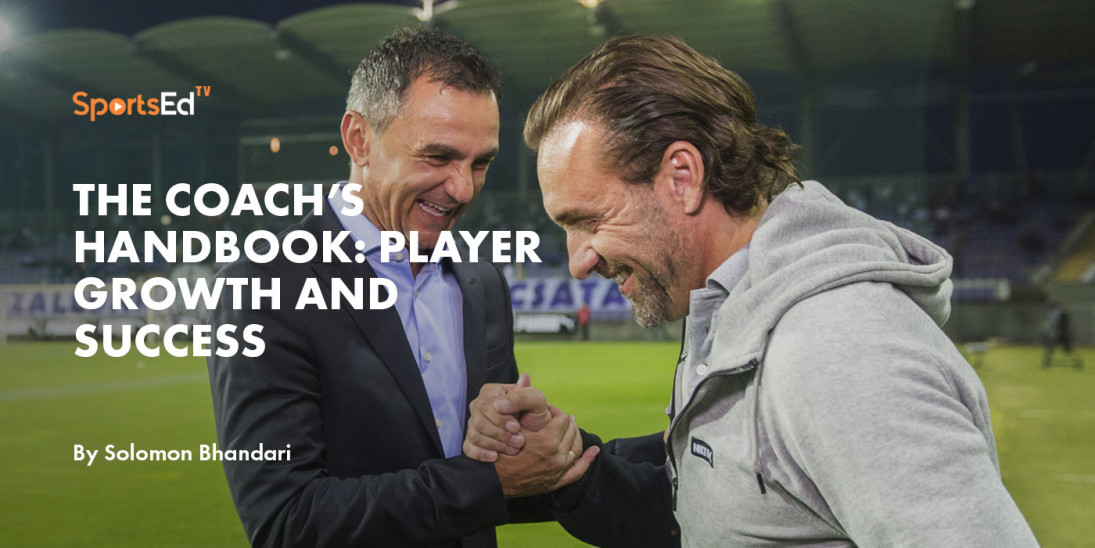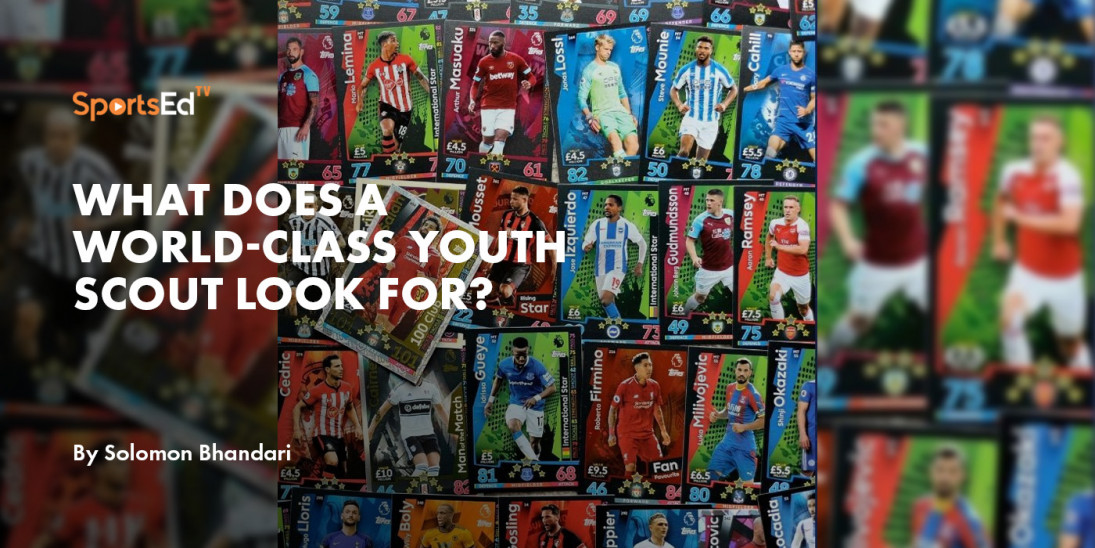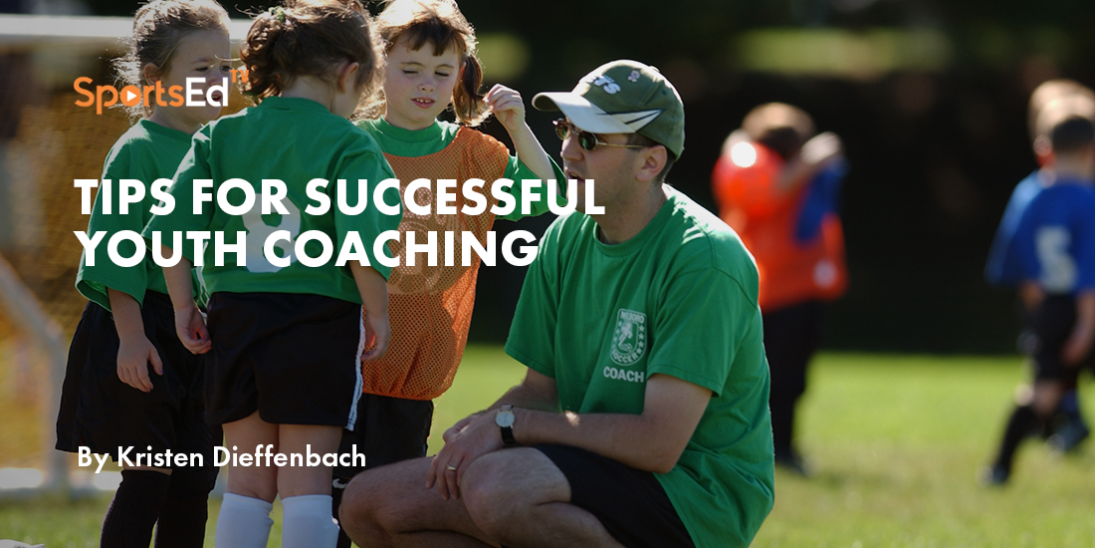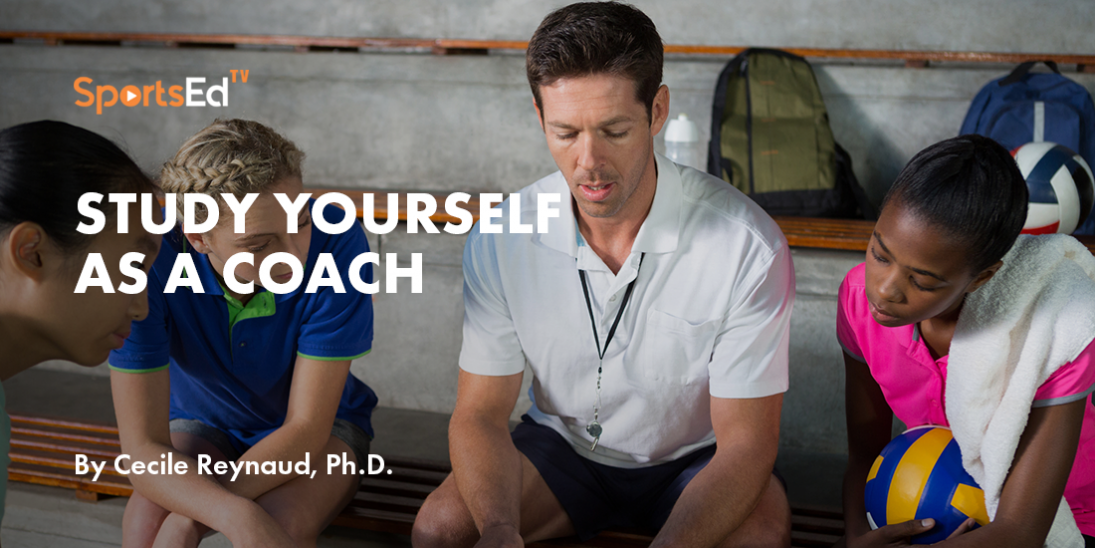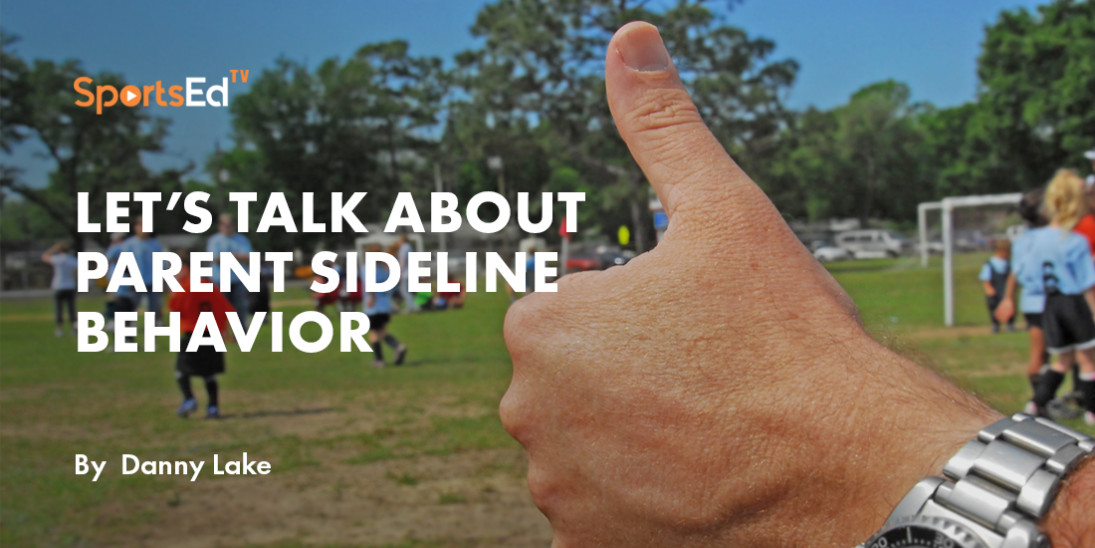Soccer
Welcome and thanks for visiting...

Former Columbus Crew and D.C. United Youth Coach Talks to SportsEd TV
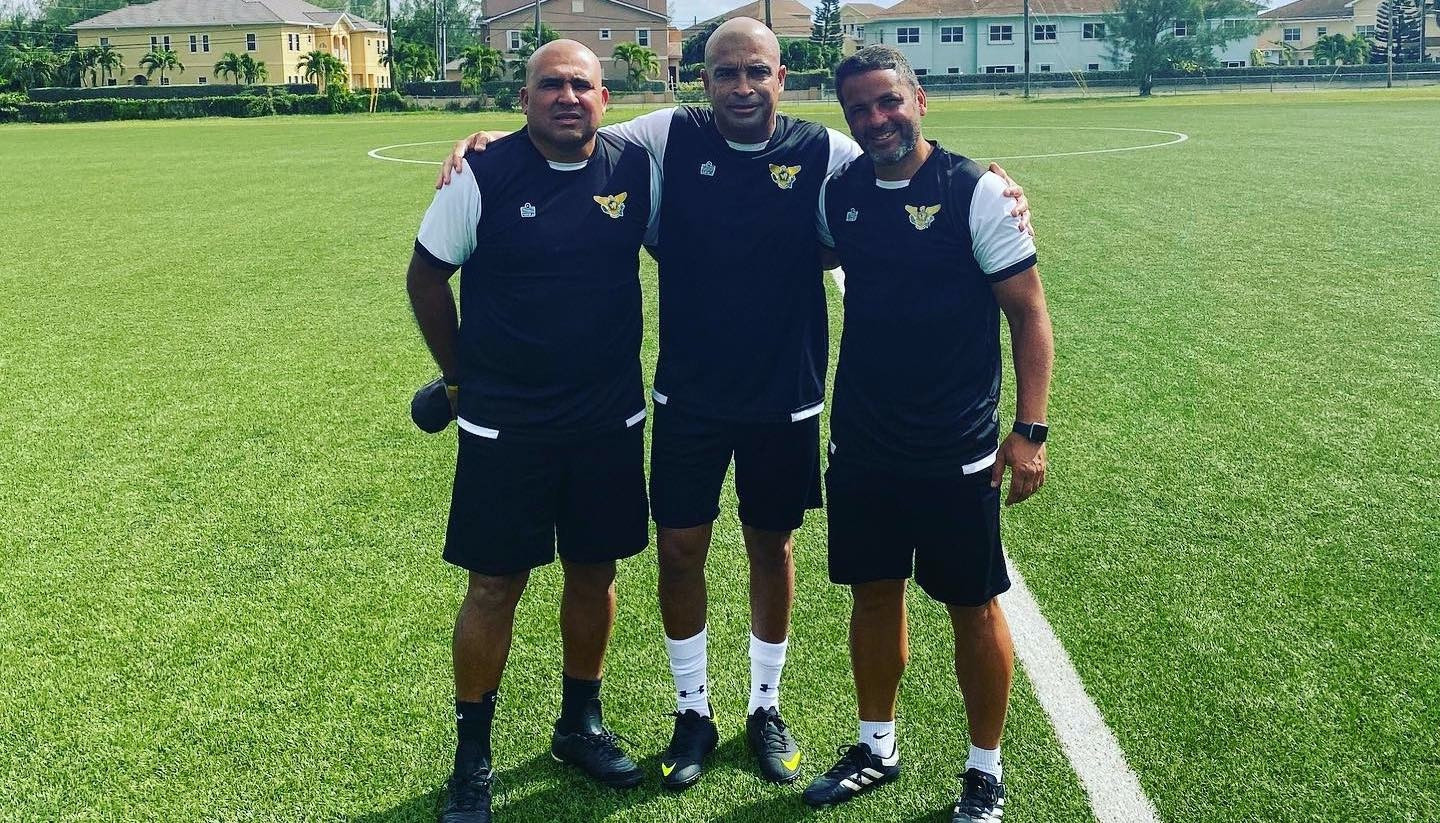
Roberto Castilho Da Silva coached in the age range of u16 - u18 boys teams at Columbus Crew, D.C. United, and IMG Academy. He is now running his own company, WorldSoccerID, which sponsors and advises young players on their journey. SportsEdTV: While coaching the top-level youth at Columbus.
SportsEdTV: While coaching the top-level youth at Columbus Crew and DC United, is there a certain one or two qualities that you noticed separated these players from the rest?
Roberto: You know I think that most competitive players in America have the athleticism, the speed, and the willpower. The potential in America is not far behind other countries. But what I’ve seen is often missing, and what separates the exceptional players here, is something that I would describe as being ‘street smart’ for soccer. Soccer smart. It’s your decision making on the pitch.
SportsEdTV: Can you give some examples?
Roberto: Take off the ball runs. You need to be connected to the play to choose the right moments, and the right paths. Every useless off the ball run you make, you waste your energy and an opportunity to be in a better, more useful position for your teammates. It comes from really understanding and feeling the game, to make the right decisions. Another example, let's say the ball is in the air. Don’t look at the ball. You know it’s there, it’s coming down, but you have to have the feel so that from one glance at the ball you know when and where it will land. A good player will focus on fighting the players around them so that when the ball does land, they’re the only ones in the right spot to take it.
SportsEdTV: So for a player, coach, or parent reading this, would you have any suggestions as to how a player can work on developing this kind of ‘soccer smarts’?
Roberto: Definitely it comes from experience and studying the game. Aside from playing and practicing, read about soccer, watch it on TV, and if you can somehow watch live games or training sessions from close up that is by far the best. And you have to study it. Watch the whole picture, watch how players off-the-ball move and position themselves. How high up is the defensive line for a team when the ball is on the other side of the field? How are defenders managing the gaps between themselves as they shift across the field? How are attackers looking to break into those gaps with off the ball runs? Young players need to watch and understand how top players approach these kinds of decisions.
SportsEdTV: Is watching it on TV enough? How big a difference would you say there is between studying a game on the TV compared to a live match?
Roberto: The TV is good to study it, but for me, the live games are much better for learning. The TV adds an element of comfort that isn’t real. You’re too far away to really feel where the players are directing their attention, the kind of pressures and time limits they are dealing with, and how they handle it.
SportsEdTV: Let’s talk about attitude. Can you see a clear difference in the attitudes between the players that excel and the ones that struggle? Do you have an idea of what the “perfect” attitude would be for a player?
Roberto: You know attitude is something I really like about American players. I would not want to go to war with Americans! They have a mentality of hard work and discipline, which are both so important. I will also say that players should not aim to be the good guy on the block. Look at Cristiano Ronaldo, off the field he’s a great guy. On the field, he wants everything for himself. He wants to take all the shots, all the freekicks, all the penalties. He has an attitude that can almost be considered a ‘bad attitude’, but you have to have a balance of everything. So there’s a dynamic for a team. You need different types of players. At the really competitive levels, everyone wants to play over their teammates, and you can get replaced very quickly. A few bad games and you’re on the bench. So on the field, when the spotlight is on you, you have to put yourself and your performance first, and be willing to put everything into it.
SportsEdTV: How do you suggest players handle the pressure? It’s such a competitive and uncertain journey, what kinds of qualities do you think players need to deal with this?
Roberto: The players need to enjoy the game. That is the most important thing which will keep them going. Beyond that, they need to be professional - which isn’t about making money, it’s a mentality. You have to have discipline, you have to take care of yourself, and take care of your body. You need to eat right, rest enough, you can’t party too much, you have to study the game and all the advice you can get. Also, you have to keep a balance in your life. Just like you did, you got an education. That’s part of being a professional, to take care of the other areas in life too. All of these qualities will help carry a player through the obstacles they face.
SportsEdTV: Do you have any closing advice for players trying to make it to the next level?
Roberto: The reality is that you have to believe in yourself, you have to believe in your dream, but at the same time you have to respect that football is a temporary career. Even if you make it to the top level you have 10-15 years, and then you have to do something else. And that’s the best-case scenario. So it’s important to have a plan B. You can’t have all your eggs in one basket. Enjoy soccer and try to improve and make it to the top level, but at the same time make sure you have a plan B. You have to look after yourself as a human being first.

